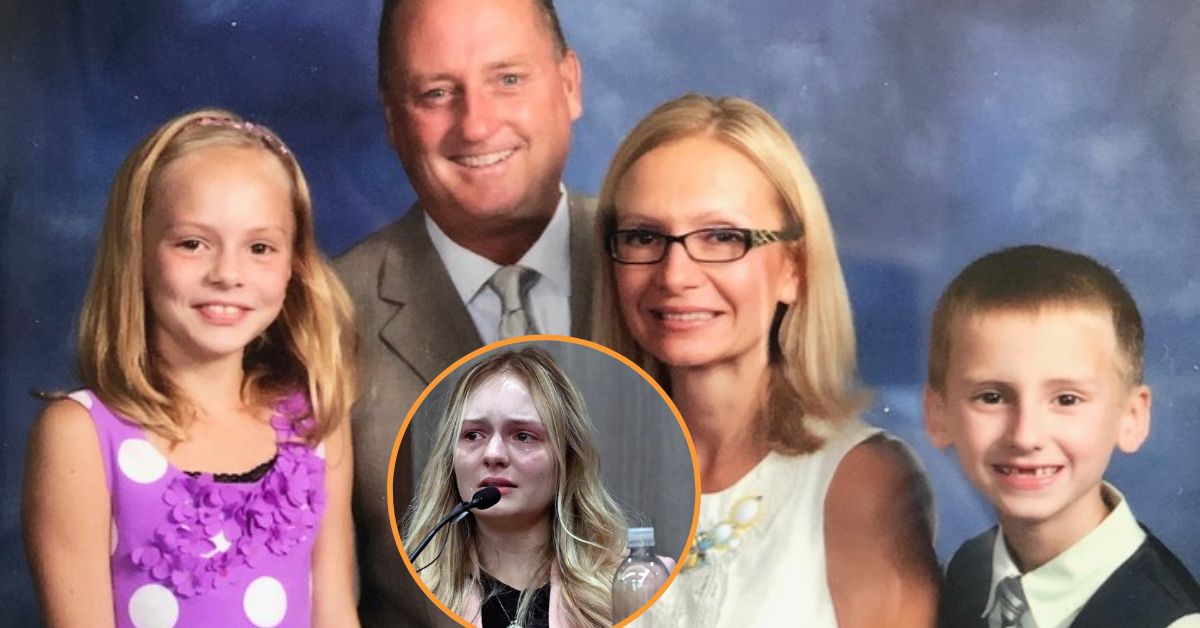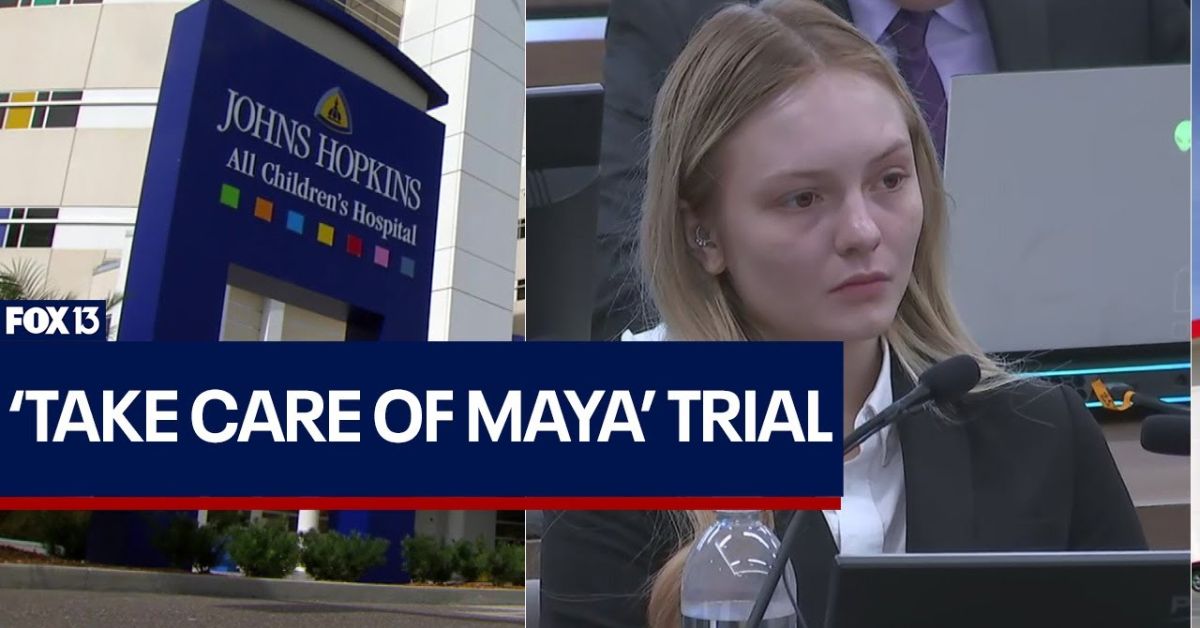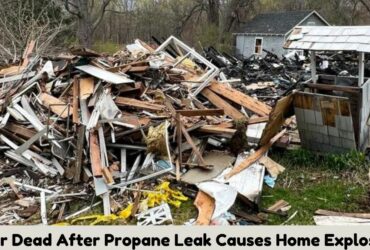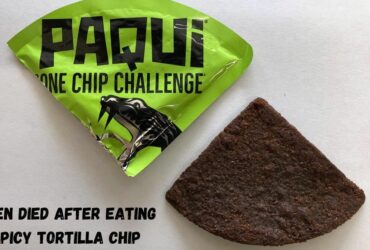The Take Care of Maya Trial is a high-profile medical malpractice litigation that has attracted national attention and inspired a Netflix documentary of the same name.
Maya Kowalski, a 17-year-old who underwent a routine appendectomy at Johns Hopkins All Children’s Hospital in St. Petersburg, Florida, in 2016, claims she suffered from an uncommon and debilitating condition known as Complex Regional Pain Syndrome (CRPS).
The Kowalski family is suing the hospital for $220 million on the grounds that its negligence, maltreatment, and abuse worsened Maya’s condition and contributed to Beat Kowalski’s suicide in 2017.
What is CRPS and How Did Maya Get It?
CRPS is a persistent pain illness that typically affects the limbs following an injury or surgery. It results in intense and long-lasting pain, edema, stiffness, skin changes, and sensitivity to touch and temperature. Although the precise cause of CRPS is unknown, inflammation and abnormal nerve signals are believed to be the main contributors.

CRPS has no cure, but it can be managed with drugs, physical therapy, psychiatric therapy, and other treatments. Maya Kowalski, nine, was diagnosed with CRPS after having an appendectomy at Johns Hopkins All Children’s Hospital in October 2016.
Her family ascribed her hospitalization to extreme abdominal pain and vomiting caused by a ketamine treatment she had received from a private specialist for her CRPS. Ketamine is a potent anesthetic that can also be used as a pain reliever in modest dosages by CRPS patients.
Maya’s doctor, on the other hand, had prescribed her extremely large doses of ketamine, which may have caused her bad responses.
Dr. Sally Smith, a pediatric emergency medicine specialist, treated Maya in the hospital because she suspected Munchausen by proxy, a form of child abuse in which a caregiver fabricates or creates illness in a child to gain attention or sympathy.
Maya’s parents were accused of overmedicating her with ketamine and other narcotics by Dr. Smith, who reported them to the Florida Department of Children and Families (DCF). Maya was also separated from her family, and she was exposed to intrusive examinations and procedures without her consent.
Below, you’ll find links to more articles regarding recent stunning events:
- Shocking News: Jackson Mahomes Arrested For Aggravated Sexual Battery
- Shocking News: Popular YouTuber Leo Longevity Found Dead In Thailand
What Happened to Maya and Her Family at the Hospital?
Maya was admitted to Johns Hopkins All Children’s Hospital for 18 days, during which she experienced physical and emotional suffering. She was confined to her bed, denied food and water, subjected to painful injections and blood samples, and subjected to loud noises and bright lights.
Some of the staff members also verbally assaulted her, calling her names and mocking her situation. She was not permitted to contact or communicate with her parents or siblings, who had been forbidden from seeing her by DCF.

The charges and separation from their daughter upset Maya’s parents. They attempted to prove their innocence and reclaim their daughter, but they were met with hostility from the hospital and the authorities. They engaged lawyers and contacted media sources to bring attention to their situation.
They also received support from other CRPS patients and campaigners, who used the hashtag #TakeCareOfMaya to rally behind them on social media. The incident had a particularly negative impact on Beat Kowalski, Maya’s mother.
She was depressed and anxious, and she blamed herself for what happened to Maya. She was also concerned about losing custody of her other children, who were also under DCF investigation. Beat Kowalski committed herself on November 5, 2017, by overdosing on medications at home.
How Did Maya Recover from Her Experience?
On November 3, 2016, Maya was eventually freed from the hospital when DCF withdrew the accusations against her parents and exonerated them of any wrongdoing. She was reunited with her family and joined them in Sarasota County.
To overcome her agony and trauma, she undertook extensive physical and psychological rehabilitation. She also continued her education through online classes. Maya’s recovery has gone quite well. She regained her mobility and strength, and she learned to manage her discomfort without the use of medicines.
She also discovered new interests and hobbies, such as piano playing, ice skating, swimming, yoga, and photography. She became more confident and outgoing, and she acquired new acquaintances.
Maya also became a CRPS awareness and prevention champion. She posted her tale on TikTok and Instagram, where she gained thousands of followers. She also took part in films and interviews about her condition and her hospitalization.
She wished to be an inspiration to other CRPS patients and to raise awareness about the hazards of ketamine abuse and medical misconduct.
Below is the Twitter post by FOX 13 Tampa Bay:
‘Take Care of Maya’ trial: Maya testifies in $220 million case against All Children’s Hospital https://t.co/8d7ydenJ7n
— FOX 13 Tampa Bay (@FOX13News) October 9, 2023
What Is the Status of the Trial?
The Take Care of Maya trial commenced on September 11, 2023, in Sarasota County. The Kowalski family is suing Johns Hopkins All Children’s Hospital for $220 million, saying that its actions caused Maya’s CRPS to worsen, violated her rights, and contributed to her mother’s death.
Greg Anderson, a well-known personal injury lawyer who focuses on medical malpractice cases, is representing them. The hospital is defending itself against the charges, stating that it acted in Maya’s best interest and followed the standard of care.
John Fitzgibbons, a well-known criminal defense attorney who has handled high-profile cases like the Clearwater parking lot shooter and the serial killer in Tampa Bay, is its attorney. The trial is scheduled to go on for several weeks and will comprise testimonies from specialists, witnesses, and the parties involved.
Maya and her father, Jack Kowalski, are slated to take the stand and testify about their trauma. Dr. Sally Smith, who already settled her side of the claim in December 2021, will not testify. The trial has gained national attention and media coverage, as well as popular interest and support. The Netflix documentary Take Care of Maya, which was released in June 2023, has also boosted awareness and sympathy for Maya’s case.
The documentary follows Maya’s journey from her diagnosis to her recovery and exposes the alleged mismanagement and mistreatment she suffered in the hospital. The outcome of the trial could have important ramifications for the medical field and the CRPS community. It could also offer justice and closure for Maya and her family, who have undergone a lot of sorrow and suffering.
Join the conversation and stay in the know with TheCurrent-Online.com! Our site is dedicated to bringing you the latest news, trends, and thought-provoking content on a variety of topics that matter to you. And Also, Follow us on social media and be part of the movement! Share your thoughts, ideas, and opinions with us and engage in meaningful discussions with others who are just as passionate as you are. Stay connected with us on Facebook, Pinterest, Twitter, Linkedin




